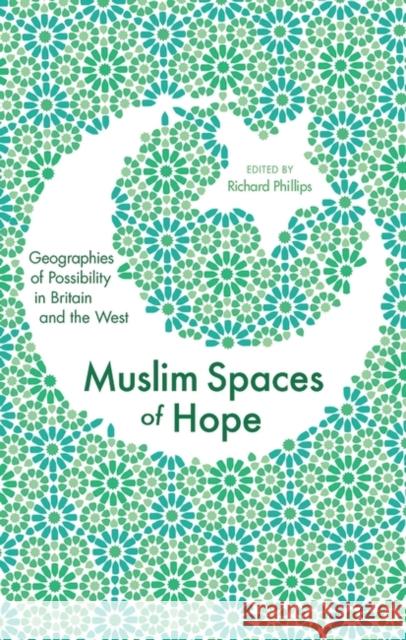Muslim Spaces of Hope: Geographies of Possibility in Britain and the West » książka
Muslim Spaces of Hope: Geographies of Possibility in Britain and the West
ISBN-13: 9781848133013 / Angielski / Miękka / 2009 / 279 str.
Debates about contemporary Islam and Muslims in the West have taken some negative turns in the depressing atmosphere of the war on terror and its aftermath. This book argues that we have been too preoccupied with problems, not enough with solutions. It acknowledges but challenges what has come to be viewed as the 'Islamic problem' - the widespread perception or construction of Muslims as a troubled and troublesome minority - by asking what Muslims have to be hopeful about today, and how others might share this hope. It argues that there are grounds for hope in many areas of everyday life, and challenges assumptions and assertions that have been made about Muslims in the West. Segregation is set against integration, fear and hate against what cultural critic Paul Gilroy has termed convivial culture. Assertions of difference are put on hold, suggestions of compatibility entertained. Assumptions that Muslims are non-liberal and anti-modern are challenged with evidence about their negotiations of liberalism and modernity. And allegations about Islamic aloofness are set against nuanced evidence of their interaction with other social groups.
The increased mobilisation and scrutiny of Muslim identities has taken place in the context of a more general recasting of racial ideas and racism: a shift from overtly racial to ostensibly ethnic and cultural including religious categories within discourses of social difference. The targeting of Muslims has been associated with new forms of an older phenomenon: imperialism. New divisions between Muslims and others echo colonial binaries of black and white, colonised and coloniser, within practices of divide and rule. So this book speaks to others who have been marginalised and colonised, and to wider debates about social difference, oppression and liberation.
"











